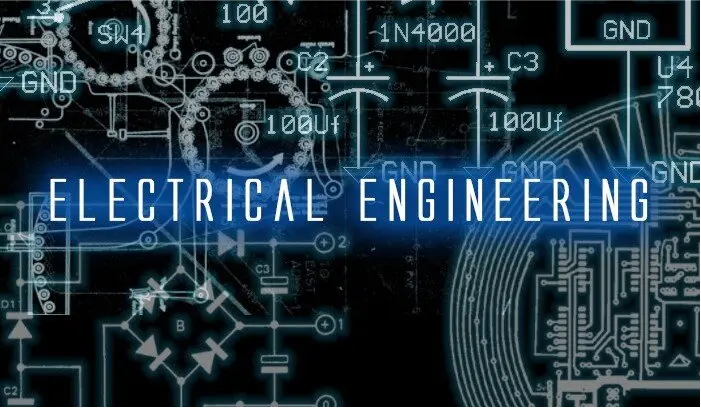Conclusion
Crafting an exceptional electrical engineer resume requires a strategic approach that goes beyond mere qualifications. By focusing on key elements like a compelling summary, technical skills showcase, and tailoring for specific applications, you can significantly increase your chances of standing out in a competitive job market.
